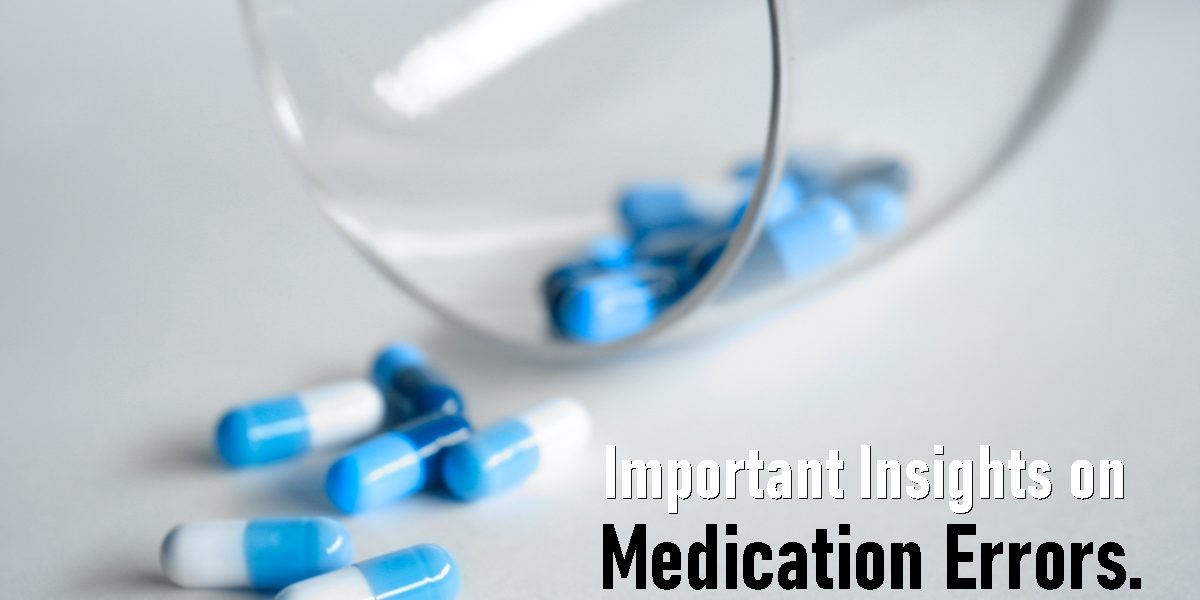In the UK, over 237 million medication errors occur each year. This staggering number reveals the importance of understanding and preventing medication errors. Knowing about medication errors can reduce the complications of errors and increase patient safety. As a care home supervisor, identifying factors contributing to medication errors can help prevent their occurrence or recurrence. Here are some important insights on medication errors:
Insight 1: Medication errors are preventable
Often it is assumed that medication errors cannot be prevented. However, medication errors can be reduced or prevented by identifying mistakes in prescribing, dispensing, and giving medications. For instance, a medication error can occur because a caregiver prepared the medicine inaccurately. Proper pharmaceutical formulation training can help caregivers prepare the medicine accurately and safely.
Insight 2: Common causes of medication errors
A medication error is referred to inappropriate medication use while the medication is in the control of the healthcare professional or patient. Medication errors can cause harm to patients. In some cases, the side effects could be minor. However, in serious cases, they may lead to hospitalisation and can prove to be fatal. Understanding the common causes of medication errors can help you address problems at your healthcare facility. Medication errors occur due to :
- Incorrect diagnosis
- Prescribing errors
- Dose miscalculations
- Drug names that sound alike
- Confusing abbreviations
- Incorrect drug administration
- Poor drug distribution practices
- Allergic reactions
Insight: 3 Importance of medication reconciliation
The residents are often at high risk for medication errors when they go to care homes or nursing homes from hospitals. Any missing information during the transition can result in medical errors. Therefore, to reconcile all the medical documents, a person should be designated. This person must closely work with family members of the resident, pharmacists, carers, and other health care practitioners are involved.
Note: At the time of medication reconciliation, the name and strength of all medications should be recorded. This means this should include prescription medications, herbs, vitamins, nutritional supplements, over-the-counter drugs, vaccines, and anything received intravenously. Any medications that the resident is allergic to or that have caused problems in the past should be recorded.
Insight: 4 Importance of medication management
As mentioned above, illegible handwritten prescriptions, insufficient or missing information about co-prescribed medications, allergic sensitivities, and incorrect drugs or doses are some of the common causes of medication errors. By switching to digital medical records, you can reduce medication errors at your facility.
Electronic MAR is one of the common EMR systems used by care homes and nursing homes in the UK. With all-important resident information available at fingertips, it can be ensured the right medicine with the right dose is administered through the right route to the right resident at the right time.
To know how we can help your facility, book a demo.







